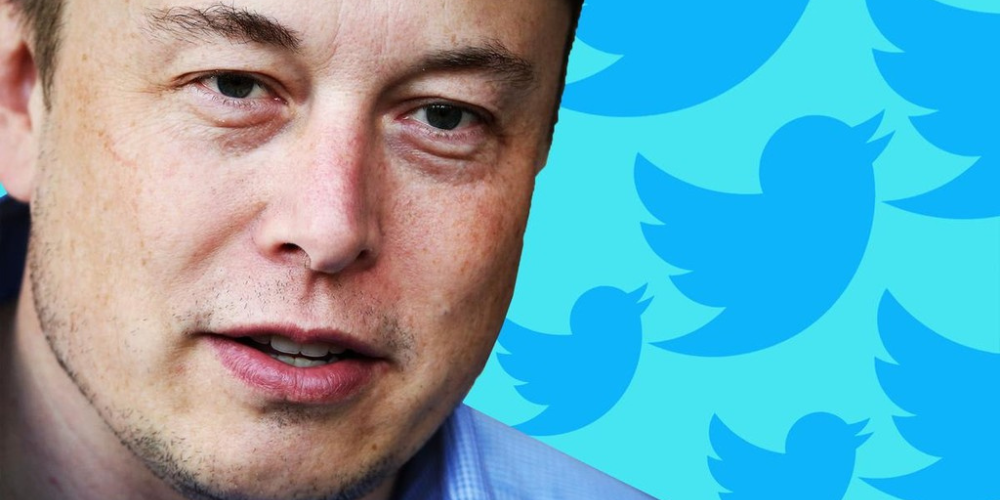The Irony of Twitter Verification Reform Under Elon Musk's Reign
- 2023-05-11 11:55

Elon Musk's Twitter takeover has been a series of controversial and sometimes whimsical decisions, adding humor to the unfolding drama. Despite his claims of instituting radical changes, the reality is that Twitter's policies remain strikingly similar to what they were before Musk's arrival. A prime example of this is Twitter's revised approach to account verification, which has been realigned, albeit reluctantly, with its original methodology.
Initially, Musk's verification reform promised a departure from the previous 'lords and peasants' approach, which prioritized verified users over the broader community. The introduction of a new $8 verification plan seemed to signify a paradigm shift in the platform's dynamics. However, this plan quickly backfired, leading to a surge of impersonations and subsequent shutdown, forcing Twitter to increase the price and re-examine its verification process.
When verification re-emerged, it came with familiar parameters, such as separate classifications for government entities and businesses, along with additional measures to minimize impersonations. Checkmarks could now be revoked when a Twitter Blue subscriber altered their username or profile image. Although these rules make sense, it appears that the initial ambition to dismantle the traditional verification infrastructure gave way to a reluctant return to its roots.
Furthermore, Twitter reinstated verification for its top 10,000 advertisers and individuals boasting over a million followers, reinforcing the very class system Musk once criticized. The newfound focus on user feedback and the promotion of free speech, while commendable, has not significantly altered the platform's core policies. As Musk's Twitter 2.0 team grapples with the practical challenges of their vision, the platform's adherence to its old practices is strikingly ironic.
In conclusion, while Elon Musk's takeover of Twitter was hailed as a chance for revolutionary change, the outcomes thus far have been largely cosmetic. The verification reform, touted as a major departure from the status quo, has ironically realigned itself with the very system it was intended to disrupt. Although there have been some notable changes, the core of Twitter's approach remains largely unchanged by Musk's involvement, serving as a testament to the enduring pragmatism of the platform's original guidelines.





